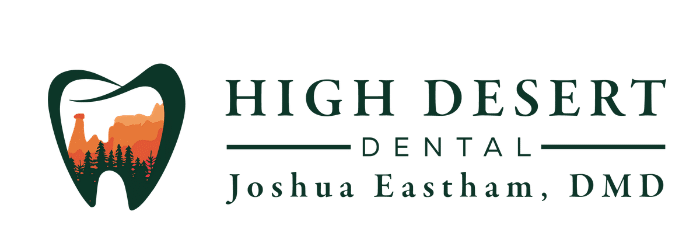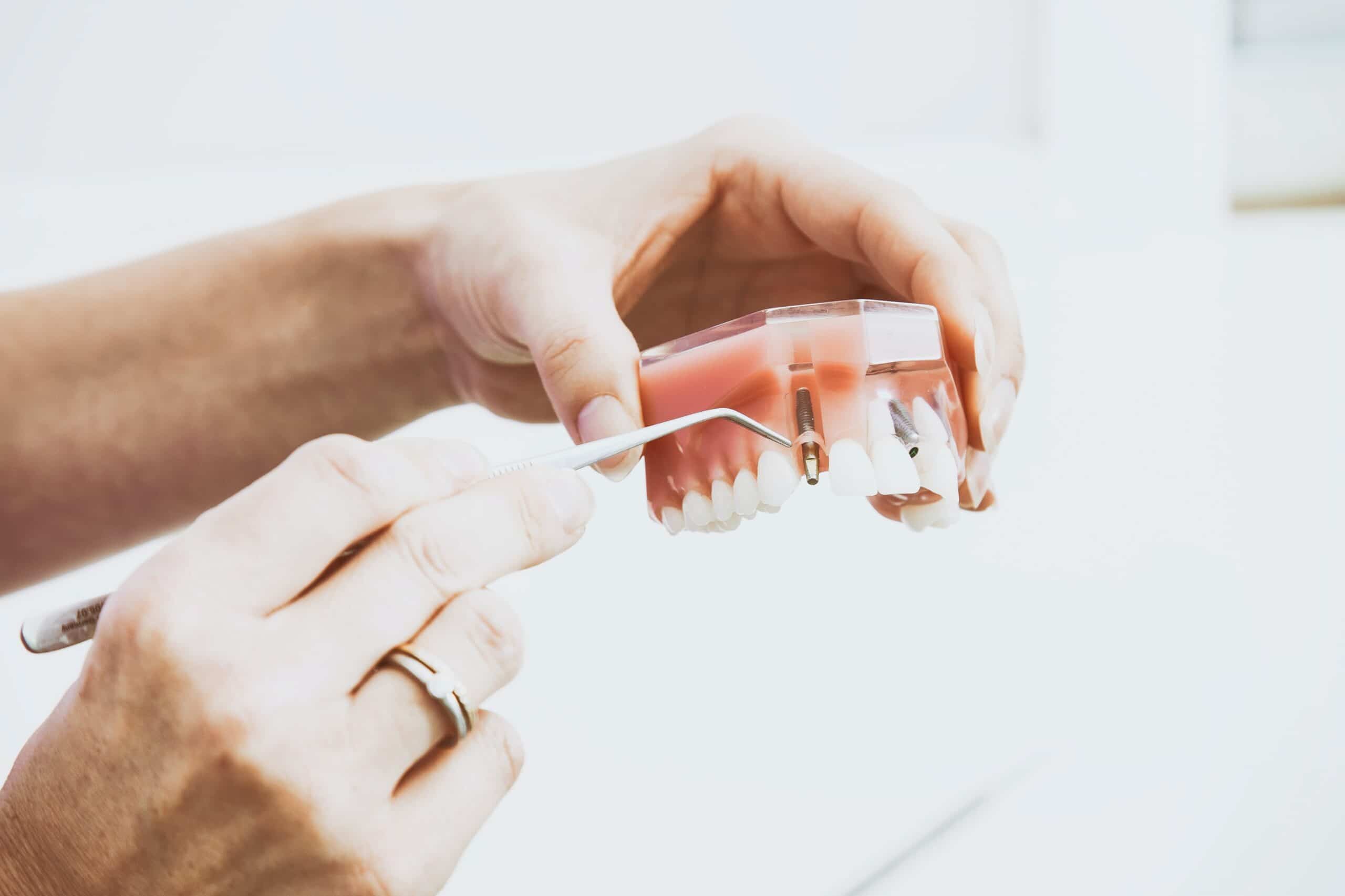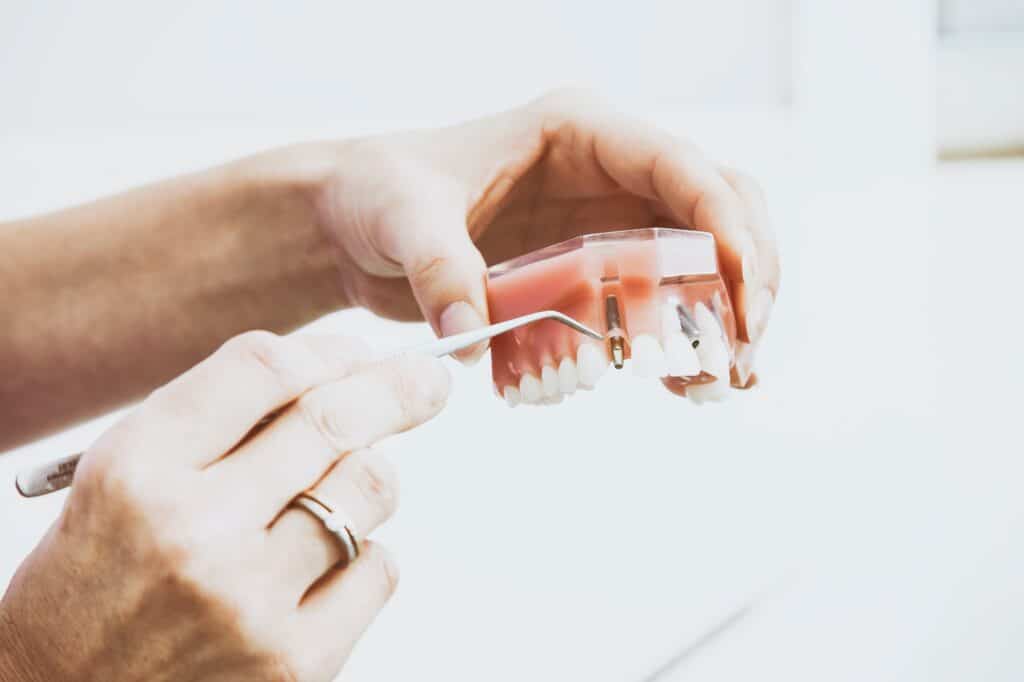Common Dental Emergencies

The Most Common Dental Emergencies

When you inadvertently sever your finger while chopping food, you know it’s time to head to the local emergency room. But, what if you bite onto something and chip a tooth? Many people would still seek care in an emergency department. However, any forms of dental crises can be redirected from the emergency department and into your Grand Junction CO dentist office.
While redirecting dental crises to an emergency dentist near me, people ask “what is a dental emergency requiring a dentist vs which emergencies necessitate a emergency hospital visit?” To assist you in making this decision, our Grand Junction CO dentist shares common dental emergencies.
Toothache
Toothache can be caused by a variety of dental issues, and its source should be determined so that it can be treated. Pulp infections and anything wedged between two teeth are two typical causes of toothaches. When tooth pain appears abruptly, worsens gradually, or is severe, it is critical to consult an emergency dentist. In the interim, a cold compress may help relieve some of the pain.
Soft Tissue Damage
Lips, gums, the inside of the cheeks, and the tongue are examples of soft tissues in the mouth. If one of these structures is damaged, you should contact your emergency dentist Grand Junction for advice. Some circumstances may necessitate the services of an emergency dentist, while others may necessitate a trip to the emergency hospital. Before applying pressure to stop bleeding, soft tissue injuries such as lacerations, punctures, and rips should be washed with warm water.
Dental Restorations That Are Missing or Are Loose
Both permanent and temporary restorations can become loose or fall out, however temporary restorations are significantly more prone to do so. They both require emergency dental care, regardless of the method of repair. You will need to bring in the restoration for a lasting repair. You may be able to maintain a temporary repair in place with Vaseline, chapstick, or denture glue until you visit your dentist.
“When tooth pain appears abruptly, worsens gradually, or is severe, it is critical to consult an emergency dentist. Come see us at High Desert Dental so we can relieve your pain.” – Dr. Joshua Eastham
Cracks or Chips
Chips and cracks in the teeth can occur as a result of biting down on hard objects, utilizing teeth for purposes other than biting and chewing, or as a result of an accident. People who grind or clench their teeth are more prone to chipping or cracking their teeth. If you have a chipped or cracked tooth, you should see an emergency dentist right once. Any tooth pieces should be washed and stored in a glass of milk or water before being brought to your emergency dental appointment.
If you believe you are experiencing a dental emergency, please don’t hesitate to contact our team! We’d love to help you relieve your pain as quickly as possible.














